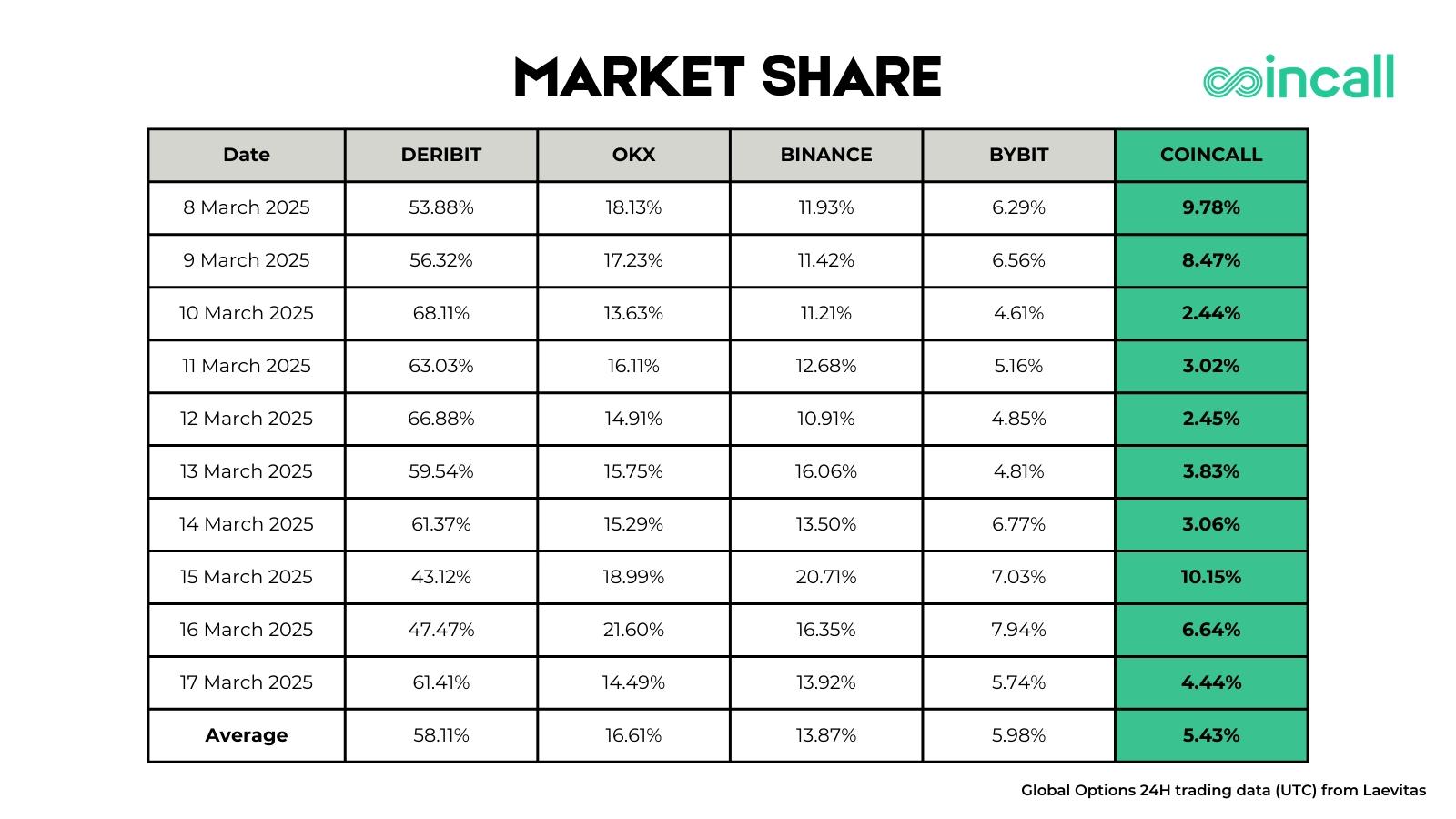Stay informed with free updates
Simply sign up to the Big Tech myFT Digest — delivered directly to your inbox.
Big Tech companies have boosted their capital spending by 50 per cent to more than $100bn this year, as they race to build the infrastructure supporting artificial intelligence, despite growing scepticism from Wall Street about the returns on the unprecedented investment.
Microsoft, Alphabet, Amazon and Meta all revealed massive increases in spending in the first six months of 2024 — totalling $106bn — in their latest quarterly earnings reports, as their leaders brushed off stock market jitters to pledge further investment hikes over the next 18 months.
“At this point, I’d rather risk building capacity before it is needed, rather than too late,” Meta chief Mark Zuckerberg said this week, as he predicted the Facebook parent’s capital spending could hit $40bn this year.
Their collective forecasts mean Big Tech’s AI-related investment could more than double by year-end. Analysts at Dell’Oro Group now expect as much as $1tn could be channelled into infrastructure such as data centres within five years, even though the companies have so far failed to convince investors that their customers are prepared to spend big on AI products and services.
“Tech management teams are pressing their bets on spending,” said Jim Tierney, head of US growth at AllianceBernstein. “Investors are still unclear what all the business models and pay-offs are. This is creating a ‘trust us’ environment which is not overly comforting given the aggregate spending.”
Big Tech’s latest round of earnings reports collided with a broader dive in Wall Street sentiment, as the Nasdaq fell into a correction on Friday on weaker US jobs numbers. Shares in semiconductor companies, including the leading AI chipmaker Nvidia, have been particularly volatile this week as investors grew more sensitive to Big Tech’s comments on spending plans.
Nvidia gained or lost about $200bn in each of three successive trading sessions, while Intel, which is yet to capture much of the spending on AI infrastructure owing to its lack of competitive products, lost more than a quarter of its value on Friday after announcing massive job cuts.
Yet even as the stocks of Google, Microsoft and Amazon sold off in the immediate wake of their earnings reports, Big Tech executives made no apologies for their spending spree.
Zuckerberg estimated the amount of computing power required to train its next large language model would be “almost 10 times more” than the previous version, even while conceding that it would be “years” before some of its AI features, such as its Meta AI chatbot, made any money “by themselves”.
“In tech when you are going through transitions like this . . . the risk of underinvesting [in AI] is dramatically higher than overinvesting,” said Google chief executive Sundar Pichai.
After Google’s parent Alphabet last week reported a 90 per cent surge in capital spending in the first two quarters of 2024 to $25bn, Microsoft on Tuesday responded with a 78 per cent increase to $33bn. Amazon’s investments in property and equipment during the first half of the year — which includes spending for its vast ecommerce and logistics network — jumped 27 per cent to $32.5bn, it disclosed on Thursday.
Amazon said in a subsequent filing it expected capital spending overall to “meaningfully increase” in 2024, which chief financial officer Brian Olsavsky said would mostly be channelled into new cloud infrastructure. Generative AI was now a “multibillion dollar business” for the company, he added. But amid the broader market rout and signs of weakness in its consumer business, shares in Amazon fell by 8.8 per cent on Friday.
Google executives had pointed to resilient revenues from advertising — up 11 per cent to $64.6bn in the second quarter alone — as evidence the company’s core business was healthy enough to shoulder the spending burden.
But while that failed to stem a drop in Alphabet’s stock, Microsoft investors appeared more reassured after chief financial officer Amy Hood said its data centres were long-term assets that would be “monetised over 15 years and beyond”.
If demand for AI products and services was less than expected, Microsoft could slow the pace at which it fills data centres with costly AI hardware, said Hood. In the latest quarter cloud growth had been constrained by a lack of capacity, not customer demand, Microsoft said.
Much of the investment from Big Tech groups is going towards buying land and constructing new data centres for their cloud computing businesses. Huge sums are also being spent on hardware including the specialised clusters of chips — mainly made by Nvidia — needed to train and run large language models that underpin chatbots.
Demand for cloud services has surged as companies trial generative AI services to automate processes and improve productivity, even if most of those experiments are yet to be put into full production. Meanwhile, start-ups like OpenAI, Anthropic, Elon Musk’s xAI and France’s Mistral are competing for scarce computing resources to train ever more advanced LLMs.
This week’s stock gyrations follow a historic bull run. The tech-dominated Nasdaq 100 index has climbed by around 70 per cent since the start of 2023, when AI fervour first began to take hold, making Apple, Microsoft, Nvidia, Alphabet and Amazon the five largest public companies in the world.
“I think the natural comparable that jumps to mind for many investors is the telecom bubble of the late 1990s and early 2000s,” said Michael Hodel, an analyst at Morningstar. “Most of the companies involved in that buildout went bust. This buildout seems similar in some ways . . . The main difference, though, is that the firms doing most of the building have massively profitable existing businesses and fortress-like balance sheets.”
Charts by Clara Murray and Stephanie Stacey
Credit: Source link
















